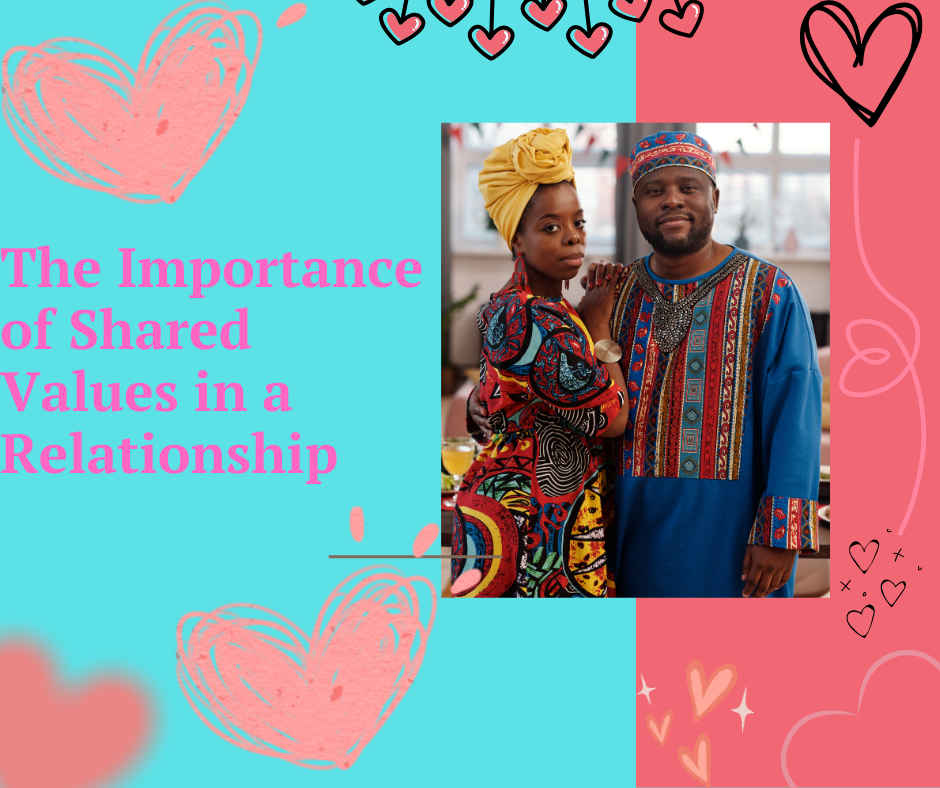Why Shared Values Matter in a Relationship
1. They Strengthen Emotional Connection
Couples who share similar values—whether about family, career, or personal beliefs—often find it easier to connect emotionally. Having common ground fosters mutual understanding, reducing conflicts caused by fundamental disagreements.
Tip: Discuss important topics early on, such as your views on relationships, finances, and personal growth.
2. They Provide Stability and Direction
Shared values act as a guiding compass in a relationship. They help couples make decisions together, ensuring they are on the same page when it comes to major life choices, such as marriage, parenting, and financial planning.
Tip: Identify your non-negotiables and ensure your partner’s values align with yours for long-term compatibility.
3. They Help Resolve Conflicts More Effectively
Every relationship faces challenges, but couples with shared values are more likely to work through disagreements constructively. When both partners prioritize honesty, respect, or family, they can find solutions that honor their mutual beliefs.
Tip: Instead of focusing on differences during conflicts, remind each other of your shared goals and values.
4. They Create a Sense of Teamwork
A relationship is a partnership, and shared values make it easier to work as a team. Whether it’s pursuing a common career goal or maintaining similar parenting styles, having aligned values ensures you’re building a future together, not apart.
Tip: Regularly check in with your partner to ensure your values and goals remain aligned as you both grow.
5. They Enhance Long-Term Compatibility
While attraction may bring two people together, it’s shared values that keep them connected in the long run. Differences in lifestyle choices or moral beliefs can lead to conflicts over time, making shared values crucial for long-term success.
Tip: When dating, ask meaningful questions about your partner’s vision for the future to ensure compatibility.
How to Identify Shared Values in a Relationship
Discuss important life topics early on (e.g., family, career, spirituality, finances).
Observe how your partner handles decisions and conflicts—their actions often reflect their true values.
Talk about long-term goals and aspirations to ensure they align.
Be honest with yourself—don’t ignore value misalignments in the hopes they will change over time.
Final Thoughts
While love is essential in a relationship, it’s shared values that create a solid foundation for long-term happiness. By ensuring alignment in key areas, couples can build a strong, fulfilling, and lasting partnership.
A successful relationship isn’t just about being with someone you love—it’s about being with someone who shares your vision for the future.
